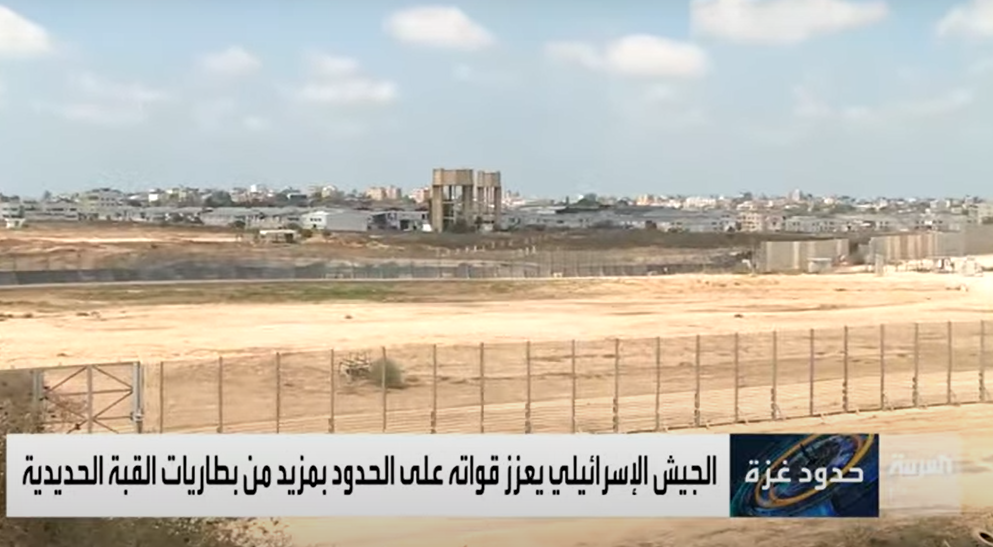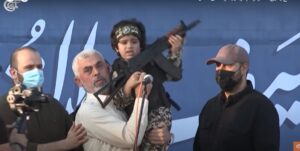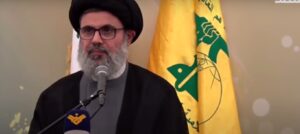The dispute between the Netanyahu government and the Biden administration is escalating.
It revolves around who will govern the Gaza Strip after the conflict.
The administration favors the Palestinian Authority’s return to control the Strip after comprehensive reforms.
However, Israel opposes this due to the PA’s support for terrorism, its incitement against Israel, and corruption within the PA’s mechanisms.
Another point of contention is Israel’s intention to establish a buffer zone in the Gaza Strip, securing Israeli settlements near the border post-war.
The IDF will be active in this zone to prevent terrorists from approaching the border fence near these settlements.
During a climate conference, US Vice President Kamala Harris announced the administration’s opposition to undermining full Palestinian sovereignty in the Gaza Strip, hinting at Israel’s plan to establish a buffer zone along the border.
Israel informed several Arab countries of its intention, with Egypt and Jordan opposing it, along with the PA.
Prime Minister Netanyahu notified the Americans that the buffer zone would be “deep,” with sources indicating a depth of 2-3 km.
A senior PA official alleges that Israel seeks to annex additional territory in the Gaza Strip during the war, imposing a new reality.
The PA claims the buffer zone is an additional goal to Israel’s war objectives, portraying it as a new colonialist aspect and a tightening of the siege on Gaza.
A senior Fatah movement member states that Israel is attempting to divide north and south Palestine, contrary to the Oslo Accords.
For Gaza residents, the buffer zone signals the start of a process leading to the reconstruction of settlements in Gush Katif, destroyed during the 2005 disengagement, under the assumption that settlements enhance security.
Establishing the buffer zone in Gaza sets a precedent affecting the northern border, forcing Israel to protect residents and prevent Hezbollah’s “Radwan” force from returning to the Israeli border.
Israel is contemplating a similar buffer zone or security strip in southern Lebanon to safeguard citizens near the border from potential Hezbollah infiltration.
Egypt opposes the Gaza buffer zone, fearing Israel may seek to establish settlements in Sinai in the future.
Palestinians view attempts to establish a security strip or buffer zone on the Gaza border as a significant shift in Israel’s strategy, opposing it vehemently.
However, Israel prioritizes the security of settlements on the Gaza border over other considerations.



